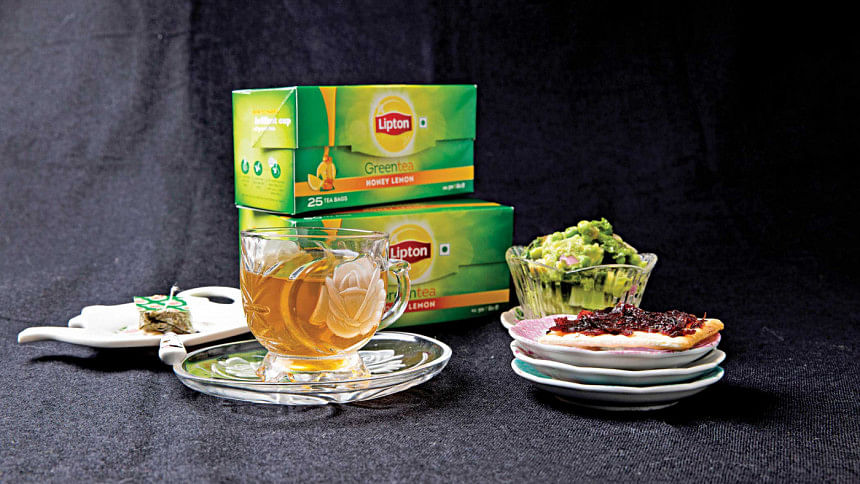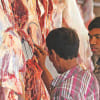5 healthy eating habits for Ramadan

The holy month of Ramadan is here with an abundance of blessings. During this month, we must bear in mind the need to eat healthy and balanced meals that help in taking care of our bodies as fasting offers an excellent opportunity to strengthen our digestive system.
The irony is, instead of focusing on cleansing our body along with our spirit, we go the opposite way of overindulging on rich, heavy foods. The overly fried foods, the excessively sweet desserts make us bloated, sluggish, and uncomfortable. For people who suffer from frequent weight gains or are prone to inflammatory diseases, it gets worse. So to combat these negative aspects this Ramadan, we have some healthy eating tips for you.
Stay hydrated
With fasting taking place in a very hot humid weather of ours, it's of paramount importance to stay hydrated after iftar. Start with a glass of water, along with fruits like tangerine, watermelon, apples and so on. You can also add lemon, ginger or cinnamon in your water to have a flavourful taste. Make sure to drink water throughout iftar to sehri, but don't go chug it all at once! Sip gradually so that it will not cause an imbalance in your body's electrolytes.
Reduce sugar intake
After fasting for all day, it is inevitable that you will be tempted to drink fizzy, sugary drinks, not to mention the desserts. Consumption of packaged foods and processed drinks containing high amounts of sugar increases during Ramadan, resulting in undesirable outcomes like weight gain. So, swap your sugary foods for fruits like dates, which have natural sugars in it. You can also go for fruit juices like sugarcane, orange to help satiate your sugar cravings.
Cut down fried food consumption
Fried foods, with excessive oil in it, offer no nutritional value to our iftars. A good workaround is shallow frying, which takes considerably less oil and if used with healthier oils like sunflower, olive oil than the nutritional value increases manifold. For healthier options, go for steamed and baked items like baked samosas, chicken bread as these cooking methods bring out the flavour of foods and ensure it does not get overcooked.

Balancing your iftar and sehri meals
Your iftar platter should have a balanced portion of foods in great nutritional values like having a healthy blend of complex carbohydrates. Complex carbs like whole grain pasta or bread provide the much needed sustainable energy for our bodies alongside fibres and mineral.
During sehri, go for high quality proteins like beef, milk, yoghurt and eggs, as they are highly digestible and will make you feel fuller. Including lean protein like chicken breast pieces and low fat dairy in your sehri will help you to avoid fats.
Have some green tea
If you are looking for a beverage that's beneficial to health, then look no further than having a cup of green tea, with its numerous health benefits like reducing the risks of various diseases, boosting fat burning which in turn helps to lose weight! Lipton Green Tea, available in Honey and Lemon, and Pure and Light variants, can be part of your essential solution in Ramadan to weight management journey along with a healthy diet. Keeping in mind the weather, an iced green tea will surely be a great refreshing beverage after iftar, fruits or herbs can also be added to have a fresher taste.
With weight gaining increasing rapidly during Ramadan, green tea can be beneficial for weight management by helping body's metabolism be more efficient. Green tea contains a type of flavonoid called catechin, which is an antioxidant that helps to break down excess fat. Research suggests that green tea has a positive impact on weight loss and weight management. People who are lactose intolerant, who cannot consume dairy products, can opt for green tea as a great milk tea alternative.
A month of giving and abstinence can also be a gateway to live a healthier life if we can indulge in a healthy eating practice. Let's hope this Ramadan we can start with healthy habits that will stay with us throughout the holy month and beyond.
Photo: Sazzad Ibne Sayed
Styling: RBR

 For all latest news, follow The Daily Star's Google News channel.
For all latest news, follow The Daily Star's Google News channel. 






Comments